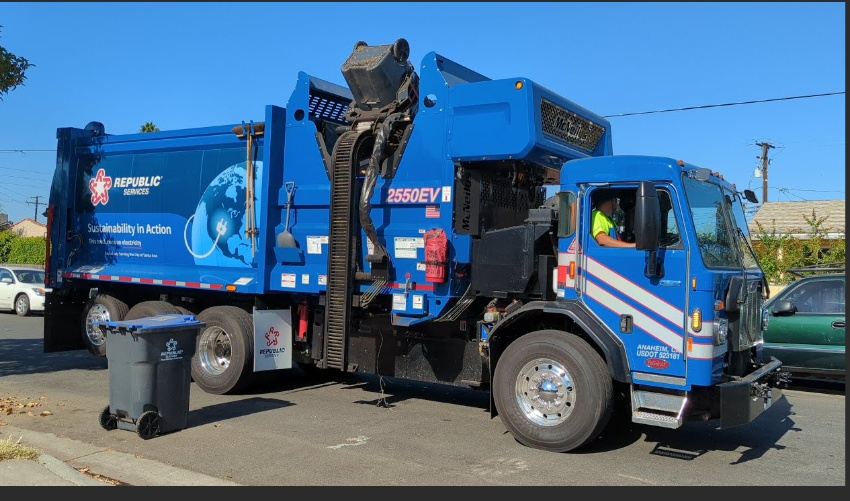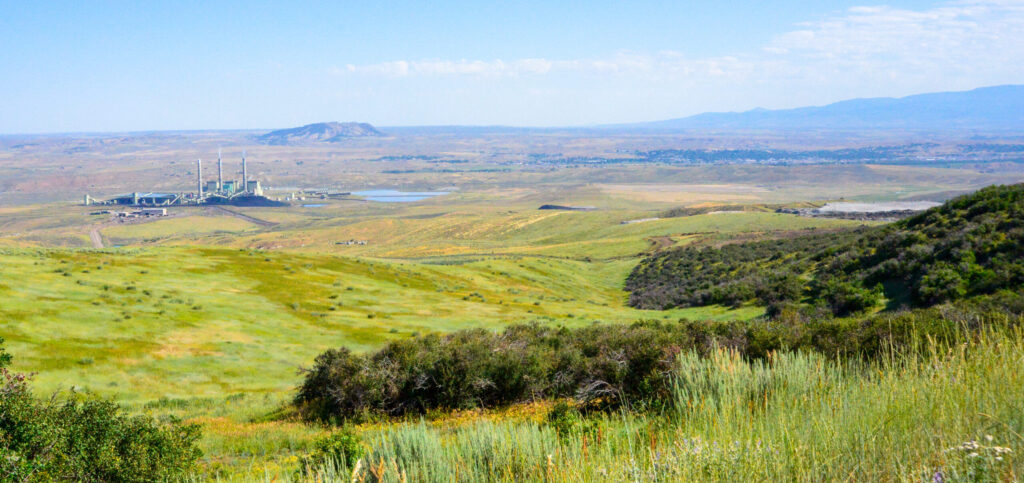E-Verify system cuts illegal immigration, says CU prof’s study

Hoping to kill a lure for undocumented immigrants, top Trump administration officials are rallying behind the E-Verify system that requires employers to hire only legal U.S. workers or face a fine.
And the calls for mandatory use of the online worker-verification system are getting a boost from a new report co-authored by a University of Colorado Boulder professor showing that the program can be highly effective in cutting illegal immigration.
E-Verify, run by U.S. Citizenship and Immigration Services, is still voluntary for most employers.
The heads of the Social Security Administration and Immigration and Customs Enforcement have endorsed the mandatory national use of E-Verify as a way to curb illegal immigration and cut identity theft.
“I think that we need to look at E-Verify. I think E-Verify is a necessary tool because illegal employment is a magnet that pulls people into this country. So I think E-Verify should be mandated in this country across the board,” said ICE Acting Director Thomas Homan.
“Mandatory use of E-Verify by employers would help reduce the incidence of fraudulent use of (Social Security numbers),” added Nancy Berryhill, acting Social Security Administration commissioner.
Colorado is one of 14 states where E-Verify requirements only apply to certain public-sector agencies and contractors, according to a Federal Reserve Bank of Dallas report.
Another eight states require nearly all employers to use the system to screen new hires. One of those states is Arizona, the subject of a first-of-its-kind study by researchers from CU Boulder and Carnegie Mellon University. They looked at both U.S. and Mexican migrant documents to determine if the E-Verify system used in Arizona worked to cut illegal immigration.
In the end, they found it did.
“Policies affecting migrants’ job opportunities can be effective at deterring or reversing the flow of unauthorized migrants into the United States,” said the study.
“For the first time, our study shows that state-level immigration restrictions in the United States were effective in deterring the flow of unauthorized migrants into this country,” said Brian K. Kovak, assistant professor of economics and public policy at Carnegie Mellon University’s Heinz College of Information Systems and Public Policy, who co-authored the study titled “Measuring Geographic Migration Patterns Using Matrículas Consulares.”
“Previous research had shown that state-level employment restrictions reduced the size of a state’s population of likely unauthorized individuals, but it wasn’t clear whether enforcement diverted migrants to other U.S. destinations or if these policies slowed international migration,” he added.
The study looked at migration from 2,000 Mexican communities into the U.S. based on Mexican identification cards given to those planning to return to the country.
In looking at immigration into and out of Arizona, the study found that after the state imposed worker rules such as E-Verify, fewer Mexican illegal immigrants returned.
“This reduction would likely be even stronger when coupled with the legal guest-worker provisions included in recent proposals for comprehensive immigration reform,” said Brian Cadena, associate professor of economics at CU Boulder, the study’s other co-author.
Homan said tightening up worksite enforcement and using E-Verify would cut tax evasion by employers hiring unauthorized immigrants and identity theft by those who steal Social Security numbers to get hired.
“There’s more to this than just illegal employment,” he said at a recent National Press Club event. “There are a lot of criminal violations,” he said, adding that he believes penalties on employers should be “harsher.”












